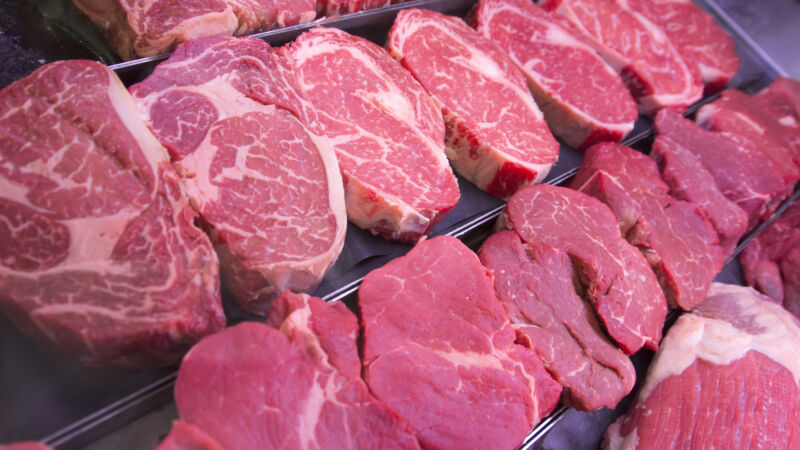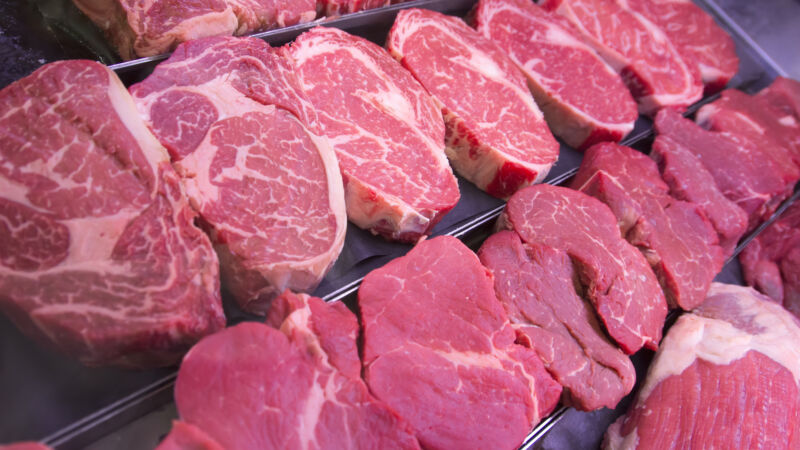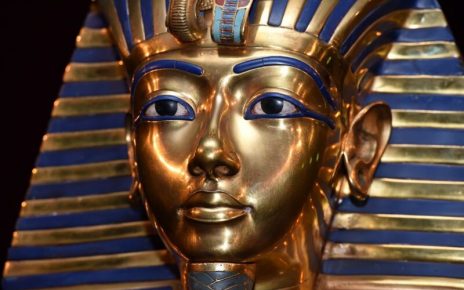
Enlarge (credit: Kryssia Campos | Getty Images)
Twenty-four years ago, Briana Pobiner reached into the north Kenyan soil and put her hands on bones that had last been touched 1.5 million years ago. Pobiner, a paleoanthropologist, was digging up ancient animal bones and searching for cuts and dents, signs that they had been butchered by our early ancestors trying to get at the fatty, calorie-rich bone marrow hidden within. “You are reaching through a window in time,” says Pobiner, who is now at the Smithsonian Institution in Washington, DC. “The creature who butchered this animal is not quite like you, but you’re uncovering this direct evidence of behavior. It’s really exciting.”
That moment sparked Pobiner’s lasting interest in how the diets of our ancestors shaped their evolution and eventually the emergence of our own species, Homo sapiens. Meat, in particular, seems to have played a crucial role. Our more distant ancestors mostly ate plants and had short legs and small brains similar in size to a chimpanzee’s. But around 2 million years ago, a new species emerged with decidedly humanlike features. Homo erectus had a larger brain, smaller gut, and limbs proportioned similarly to those of modern humans. And fossils from around the same time, like those excavated by Pobiner in Kenya, show that someone was butchering animals to separate lean meat from the bone and dig out the marrow. For decades, paleontologists have theorized that the evolution of humanlike features and meat eating are strongly connected.





